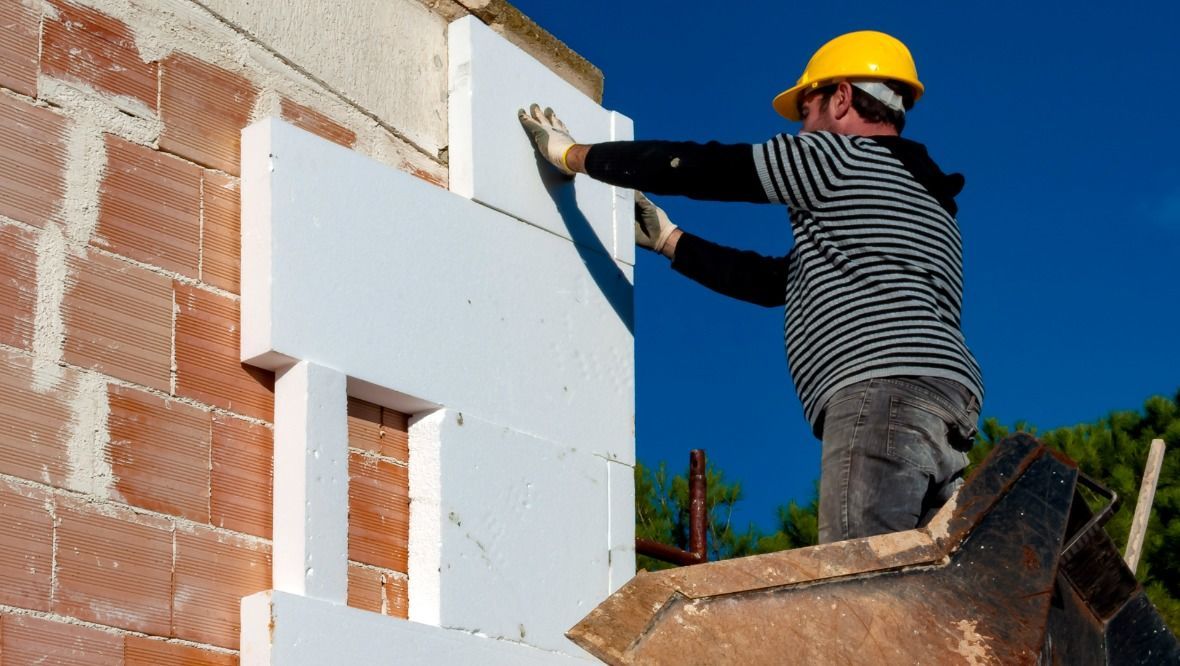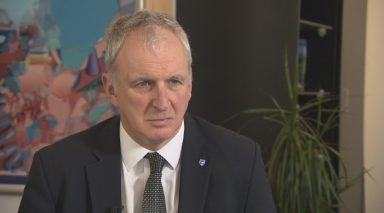Glasgow has accepted £6.2m from the Scottish Government to make homes more energy efficient.
The council will work with owner-occupiers, private landlords and housing associations to deliver the measures, mostly external wall insulation, in a bid to lower energy bills and reduce carbon emissions.
Around one in four households in Glasgow were estimated to be “fuel-poor” – spending more than 10% of their disposable income on fuel costs – in the 2018 Scottish House Condition survey.
It means approximately 72,000 households in Glasgow are fuel poor, around 25% of homes in the city. The survey estimated around 11% of this group is in “extreme fuel poverty” — spending more than 20% of their income on fuel costs.
Tackling fuel poverty, and making homes more energy efficient, are a “key priority”, the council says.
Cllr Kenny McLean, city convener for neighbourhoods, housing and public realm, said: “This new funding is very welcome, all the more so in this time of high energy prices and a climate emergency.
“The funding will help Glasgow achieve our goals of becoming a net-zero city by reducing carbon emissions and reducing household energy bills in the city’s homes.”
The £6.2m for the 2021/22 financial year comes from the Scottish Government’s Energy Efficient Programme, which is a voluntary scheme, and money will also be provided by energy suppliers, owner-occupiers and private landlords.
It will be spent in areas with the most deprivation, houses in council tax band A to C, areas of low income and where people are living in vulnerable conditions to the cold.
A report will go to the Glasgow City Region committee next week, which reveals it will cost around £11bn to transform 428,000 homes into energy efficient properties.
Glasgow City Council and surrounding councils want to improve insulation and reduce energy use, and plan to focus on homes which are below the Energy Performance Certificate (EPC) rating of C. The top rating is A, and G the worst.
Cllr Jon Molyneux, of the Green group, said the report reveals “the level of investment we are going to be needing across the City Region is to the tune of about £600m a year”.
He added: “That’s across the City Region, but at the moment we are receiving around £6m through this programme, so the need to scale that up is huge.”
He noted it is a “transformative opportunity” in terms of jobs and skills “if we do it right”.
Council leader Susan Aitken said: “I don’t think anyone anticipates that the Energy Efficiency Scotland programme is going to be what is required in terms of the massive investment that’s needed in the next decade to retrofit existing buildings to take them to the level of energy efficiency they require to meet our climate targets.”
She added: “It is way beyond the council, or the collective councils of the City Region, the City Deal or the Scottish Government to be able to invest in that.
“It needs a much bigger standalone programme, and there’s been a huge amount of work going on.
“It’s one of the biggest job opportunities within our new green economy, it will provide at least a decade’s worth of work.”
By local democracy reporter Drew Sandelands
Follow STV News on WhatsApp
Scan the QR code on your mobile device for all the latest news from around the country


 iStock
iStock

























